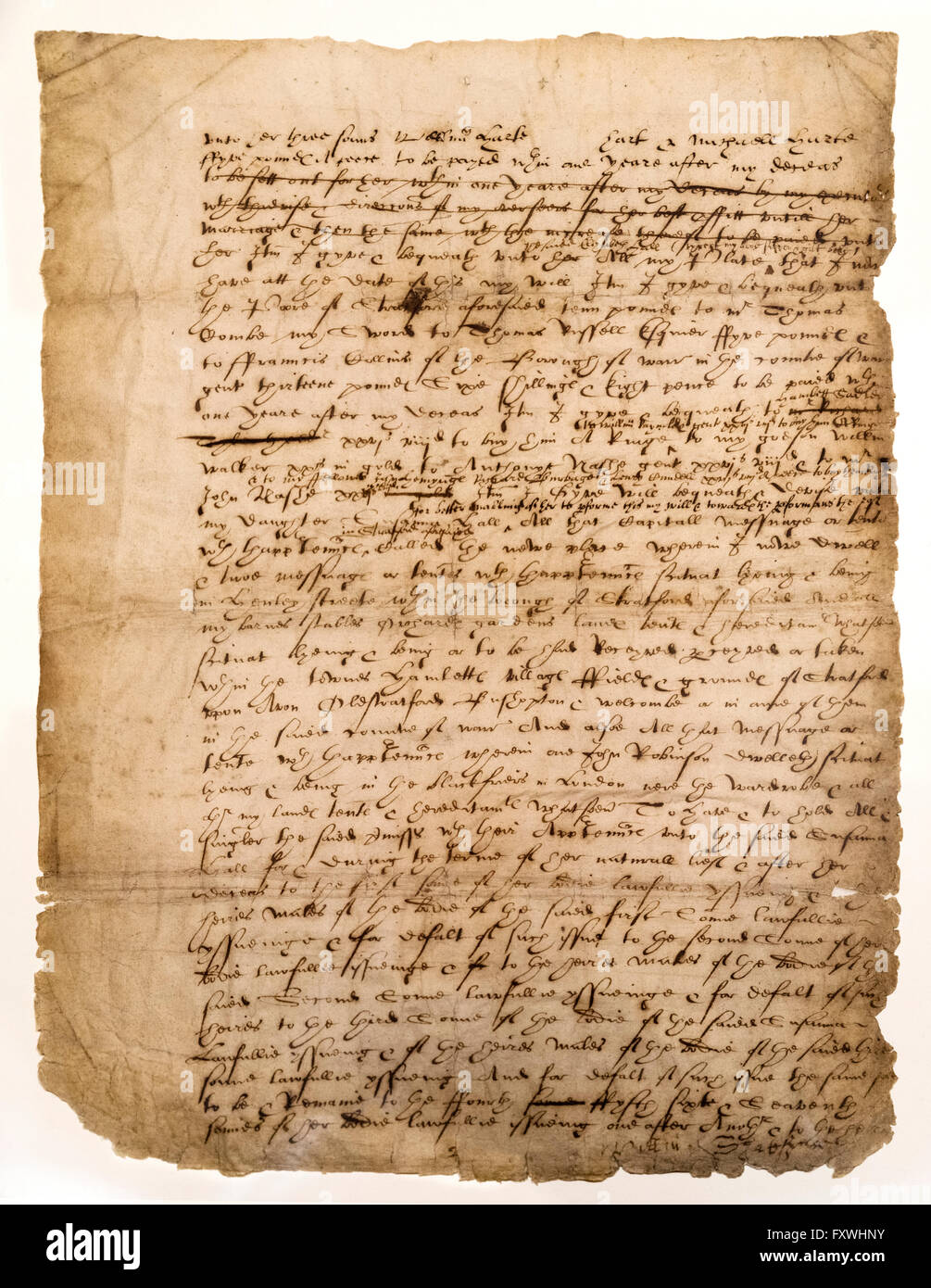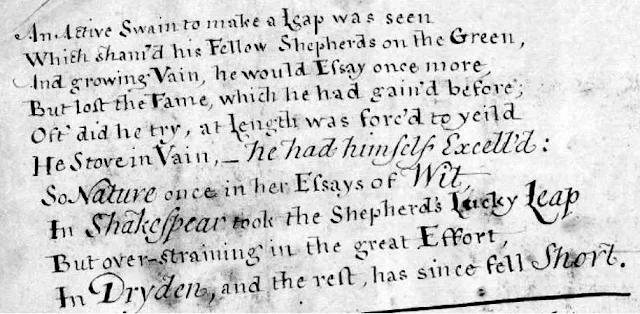For many the case f o r a “particular“Shakespeare candidate is weaker than the case a g a i n s t Shakespeare
______
Sir Roger Penrose (born 1931) a Nobel-Laureate and outstandig English mathematical physicist, and philosopher of science. Emeritus Professor of Mathematics at the Mathematical Institute of the University of Oxford, some years ago gave an interview (s.Video below) to the German-American Institute in Heidelberg (DAI)
Asked about his father Lionel Penrose he answered (7:28min)
He certainly had an interests in the arts, also in writing in Shakespeare …..I should make a point here … he was a great believer that the person called Shakspere was not the author of the Plays and there was a book he got his inspirations from which was by a man called Looney , a rather unfortunate name because it suggests the idea he was crazy, but he was very insistent that people did not call him loony or little like that.. - but the book has made a very strong case, and I was quite persuaded and I think I am rather persuaded that the case that Shakespeare or the person William Shakspere who had no education and no books whatsoever which is a very striking fact and no indication that - apart from a few signatures – that he ever wrote anything
asked if he think it was Bacon he replied
No ! I think the view that my father followed .. I think is the most probable one…8:26 it was Edward de Vere, the Earl of Oxford.
Asked about his father Lionel Penrose he answered (7:28min)
He certainly had an interests in the arts, also in writing in Shakespeare …..I should make a point here … he was a great believer that the person called Shakspere was not the author of the Plays and there was a book he got his inspirations from which was by a man called Looney , a rather unfortunate name because it suggests the idea he was crazy, but he was very insistent that people did not call him loony or little like that.. - but the book has made a very strong case, and I was quite persuaded and I think I am rather persuaded that the case that Shakespeare or the person William Shakspere who had no education and no books whatsoever which is a very striking fact and no indication that - apart from a few signatures – that he ever wrote anything
asked if he think it was Bacon he replied
No ! I think the view that my father followed .. I think is the most probable one…8:26 it was Edward de Vere, the Earl of Oxford.
But i mean that the case for a particular individual is much weaker than the case against Shakespeare
….the fact that the person who had no books and was probably illiterate could write those amazing plays seem to me quite a strong case…but the case for any particular individual was not so strong… but I thought that the case for Edward de Vere was not so bad .---
May be that was the right answer, but i wouldn’t…I have no real independent… – apart from forming views I went to see the Tempest with my family not so long ago and that seemed to me very clearly a play where the author himself was revealing himself…and the person Prospero was clearly somebody who was in the aristocracy , he was not somebody who came up from nothing , so I do feel there was something in the case...
May be that was the right answer, but i wouldn’t…I have no real independent… – apart from forming views I went to see the Tempest with my family not so long ago and that seemed to me very clearly a play where the author himself was revealing himself…and the person Prospero was clearly somebody who was in the aristocracy , he was not somebody who came up from nothing , so I do feel there was something in the case...




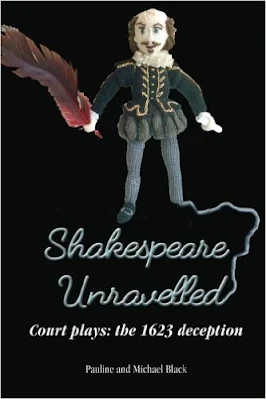
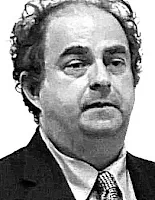





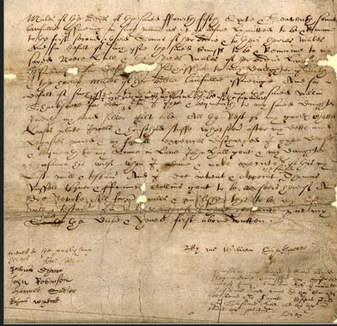

.jpg)

